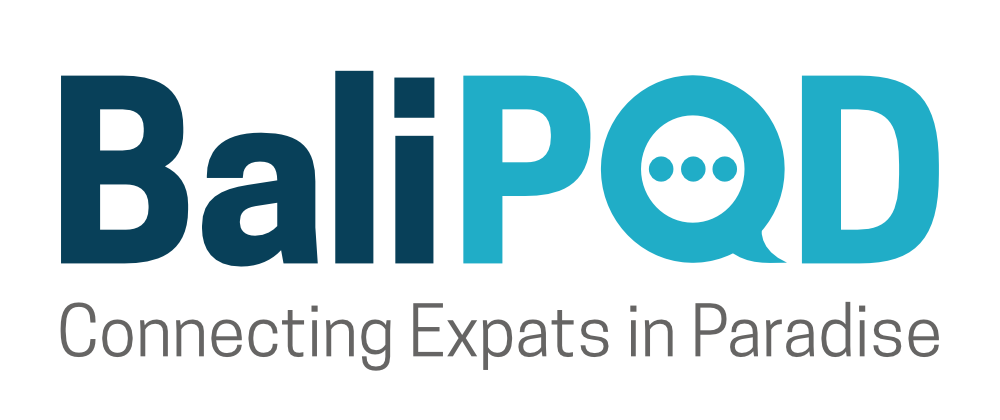Coordinating Minister for Economic Affairs, Airlangga Hartarto, convened a limited coordination meeting on Sunday, November 3, 2024, to boost policy alignment, prioritize work programs, and prepare various sectors for Indonesia’s economic targets in 2024.
The meeting addressed several short-term initiatives across economic ministries to achieve key economic goals.
“This coordination meeting aims to follow up on the outcomes of our recent retreat in Magelang, consolidating short-term programs aligned with the President’s objectives. He expects quick wins to be realized in the first quarter of next year,” stated Minister Airlangga, as reported by InfoPublik.
Attending the meeting were a number of ministers and echelon I and II officials from various ministries, including Minister of Manpower Yassierli, Minister of Industry Agus Gumiwang Kartasasmita, Minister of Trade Budi Santoso, Minister of State-Owned Enterprises Erick Thohir, Minister of Energy and Mineral Resources Bahlil Lahadalia, Minister of Investment and Downstreaming Rosan Roeslani, and Minister of Tourism Widyanti Putri.
Key Economic Policies Discussed
Airlangga highlighted the need for immediate progress on critical economic regulations, including a judicial review of the Omnibus Law on Job Creation and amendments to the Government Regulation on Export Proceeds from Natural Resources (DHE SDA).
To support the national economy, the government is planning priority incentives such as exemptions on Luxury Goods Sales Tax (PPnBM) and Value-Added Tax (PPN DTP) for electric vehicles, housing properties, and financing programs for People’s Business Credit (KUR) and labor-intensive industry revitalization.
Key Takeaways from the Coordination Meeting
After the meeting, Airlangga and his team provided a summary of key takeaways from the coordination meeting, covering tax incentives, potential tax hikes, and support for labor-intensive industries.
1. Extension of Tax Incentives for Housing and Electric Vehicles
Several tax incentives are set to be extended through 2025, including government-borne value-added tax (PPN-DTP) for sales tax on luxury goods (PPnBM), PPN-DTP for electric vehicles, and property.
While the planned VAT increase from 11% to 12% is mandated by the Article 7 paragraph (1) of Law no. 7/2021 concerning Harmonization of Tax Regulation Harmonization Law (UU HPP), Airlangga indicated that a final decision on this hike, set for January 1, 2025, is pending further discussion with the Ministry of Finance.
“This [extension of tax incentives] will soon be discussed with the Ministry of Finance,” said Airlangga.
2. Incentives for Labor-Intensive Industries
The government is also designing investment credit incentives for labor-intensive industries. State-Owned Banks Association (Himbara) will play a role in facilitating credit for these industries, which have faced challenges, particularly in the textile sector after PT Sri Rejeki Isman Tbk. (Sritex) declared bankruptcy.
“The government has also created special incentives for labor-intensive activities. Especially for the revitalization of machinery, a scheme is being prepared to support industrial revitalization through investment credit,” explained Airlangga.
Airlangga admitted that he could not provide a detailed explanation of the investment credit scheme and only revealed that the technical provisions would be discussed between the Ministry of Finance and Himbara banking.
3. New Labor Regulations and OECD & BRICS Membership
Airlangga stated that the Ministry of Manpower would amend labor regulations to comply with the Constitutional Court’s ruling on the Job Creation Law. Additionally, the government will continue with financing programs, including People’s Business Credit (KUR) and support for the agricultural machinery sector. To make domestic flights more competitive, adjustments to airline ticket prices are also under consideration.
The outcomes of this meeting will be submitted to President Prabowo Subianto for further guidance on refining and implementing these priority programs.
Through well-coordinated policy planning and synchronization of priority programs, Indonesia’s national economy is expected to see substantial growth, advancing both social welfare and competitiveness on the global stage.
Source: ekonomi.bisnis.com, antaranews.com, infopublik.id
image source: freepik.com
The post Extending Tax Relief: Key Incentives Set to Drive Growth in 2025 appeared first on Invest Indonesia.


